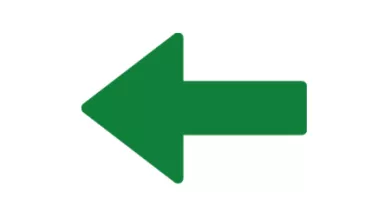Frameworks for reflection
Reflection is more than thinking back to what happened. Often having some form of structure or framework to anchor your reflection helps for it to be a positive process that has a desired effect upon your future practice.
Approaches you can take

Systematic Reflection – Reflective Journal
This is a bird’s eye view of your experience. One way to achieve this is through keeping a reflective writing. You could for example keep a diary for each teaching session in which you immediately answer some pre-determined questions about how well the session has gone.
- What went well?
- Why didn’t go well?
- How did the students engage with the session?
- Did student learning appear to occur?
- How did I feel?
- What will I continue to do next time?
- What can I do differently next time?
- What effect has this had upon my long-term plans for teaching?
- Are their areas in my practice I need outside help with?
- Are there opportunities for me to showcase what I have done here with other?
These questions are a good way of monitoring your progress over time. They also aid in identifying specific moments in time when you can draw upon the experience to demonstrate how you have understood your role as a practitioner or think about your career progression. These questions also provide stimulus for more thorough reflection at the end of a module as you plan the next iteration.
A Teaching Portfolio
This is a longer-term effort. The portfolio can help you to build up a picture over time of your approaches to teaching. When viewing it as a coherent body of work this portfolio can demonstrate how your teaching philosophy translates to classroom approaches within your teaching practice. You can add programme specifications, module handbooks, sample assessments, evidence of feedback given to students, teaching materials and finally evaluations from colleagues and students. You can also make this portfolio digital using WordPress or a similar website service. In these sites you can edit it privately if you are not ready to share this with the wider world. You can even link in videos that you may have recorded of you teaching too. This portfolio can be incredibly useful as you navigate not only the task of reflecting upon your practice after each module is taught but also as you reflect upon where you are with your academic career. It may also be good to get in touch with ctl@ul.ie so your portfolio can model what is being asked in the Teaching Award processes.
